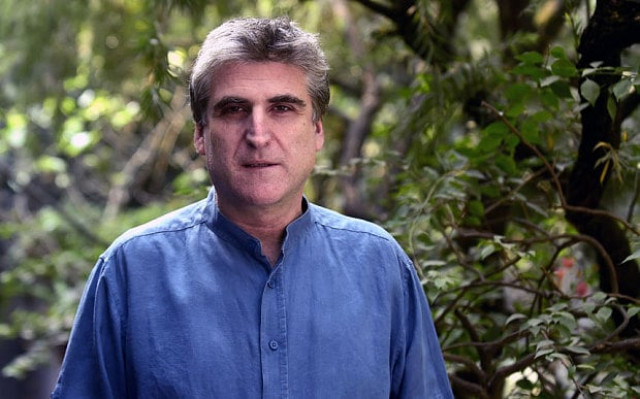Speaking the truth
Universities ought to be places where envelope of thought, ideas is stretched rather than channelled down narrow path

Bangladesh, however, is not alone in its intolerance for freedom of speech. The Karachi University (KU) recently blocked a visit by a Bangladeshi scholar who was to have participated in a conference on December 3. Pressure to block the visit by Dr Imtiaz Ahmed seemingly came from a student union, which was said to be angered by the way Jamaat-e-Islami leaders have been treated by the Bangladesh government. There is perhaps an irony in that the conference Dr Ahmed had been due to address was titled “Challenges of Transition in social Sciences” — a seemingly innocuous title for a veritable minefield of semantic and cultural issues. The matter raises a number of issues related to both academic and student freedoms. Our universities ought to be places where the envelope of thought and ideas is stretched rather than channelled down a narrow path. The conflicts of the subcontinent since 1947 are subjects of academic debate and any attempts to stifle such debates deserve to be condemned.
Published in The Express Tribune, December 7th, 2014.
Like Opinion & Editorial on Facebook, follow @ETOpEd on Twitter to receive all updates on all our daily pieces.















COMMENTS
Comments are moderated and generally will be posted if they are on-topic and not abusive.
For more information, please see our Comments FAQ